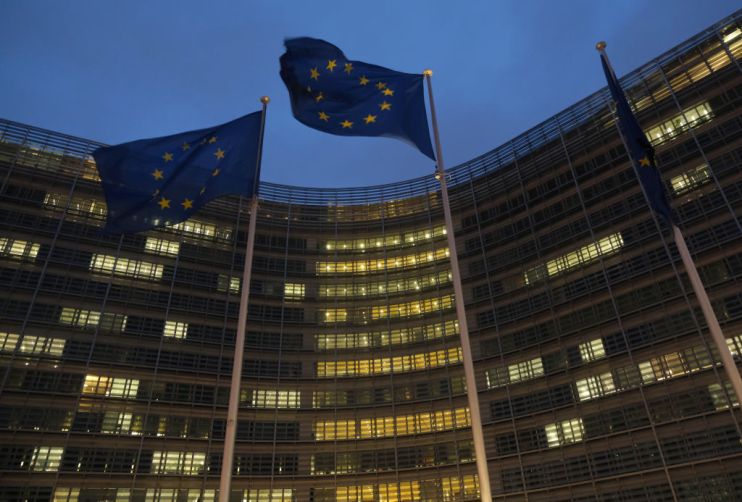Brexit: UK-EU free trade deal ‘now unlikely’ after last round of talks

It is “now unlikely” the UK and EU will agree to a free trade deal before the 31 December deadline, according to the EU’s chief negotiator Michel Barnier.
UK chief negotiator David Frost also said a no trade deal exit from the EU’s single market and customs union was a real possibility now, but that an agreement could still be reached by September.
The two sides met this week for formal talks in London for the first time, after a number of virtual negotiating rounds over the past few months.
The deadline for a deal is 31 December, but both sides have said the deal needs to be agreed months before that to get it ratified in time.
Frost said today that the two largest areas of contention were still EU fishing access to UK waters and business competition regulations known as the level playing field.
Barnier said there had been “no progress” on these two areas and that a deal was still “far away” from being struck as he hit out at the UK during a press conference today.
“The UK did not show a willingness to break the deadlock,” he said.
“The UK has not shown the same level of engagement to find solutions, respecting the EU fundamental principles and interests.
“By its current refusal to commit to the condition of fair and open competition, and a fair and balanced agreement on fisheries, the UK makes a trade agreement at this point unlikely.”
Frost took a more diplomatic tone, saying that “considerable gaps remain in the most difficult areas” and that “our principles in these areas are not simple negotiating positions but expressions of the reality that we will be a fully independent country”.
“That is why we continue to look for a deal with, at its core, a free trade agreement similar to the one the EU already has with Canada – that is, an agreement based on existing precedents,” he said.
“We remain unclear why this is so difficult for the EU, but we will continue to negotiate with this in mind.”
UK negotiators are asking for fishing rights to British waters to be decided on “zonal attachment”, reflecting where the fish actually live.
Under the previous arrangement, EU countries had extensive access to UK fishing waters under the Common Fisheries Policy.
Barnier said the UK’s position on fisheries would lead to a “near total exclusion of EU fishing access to UK waters”.
Brussels is also asking the UK to match EU regulations on a number of areas such as labour laws, environmental laws and state aid provision to ensure a level playing field for businesses on both sides of the channel.
Today, Barnier said: “A less ambitious agreement on goods and services will not lead the EU to drop its demands for a robust level playing field.”
The UK has made it clear that it will not be locked in to regulations set by the EU, while Barnier today said the level playing field was non-negotiable.
A UK official said the largest point of dispute was that Brussels was trying to make the UK commit to future standards.
“Their wish is not see us regress from standards, which is common ground, but future proof and bake in future standards as a baseline,” they said.
“That would constrain our legislative freedom and we can’t have that.”